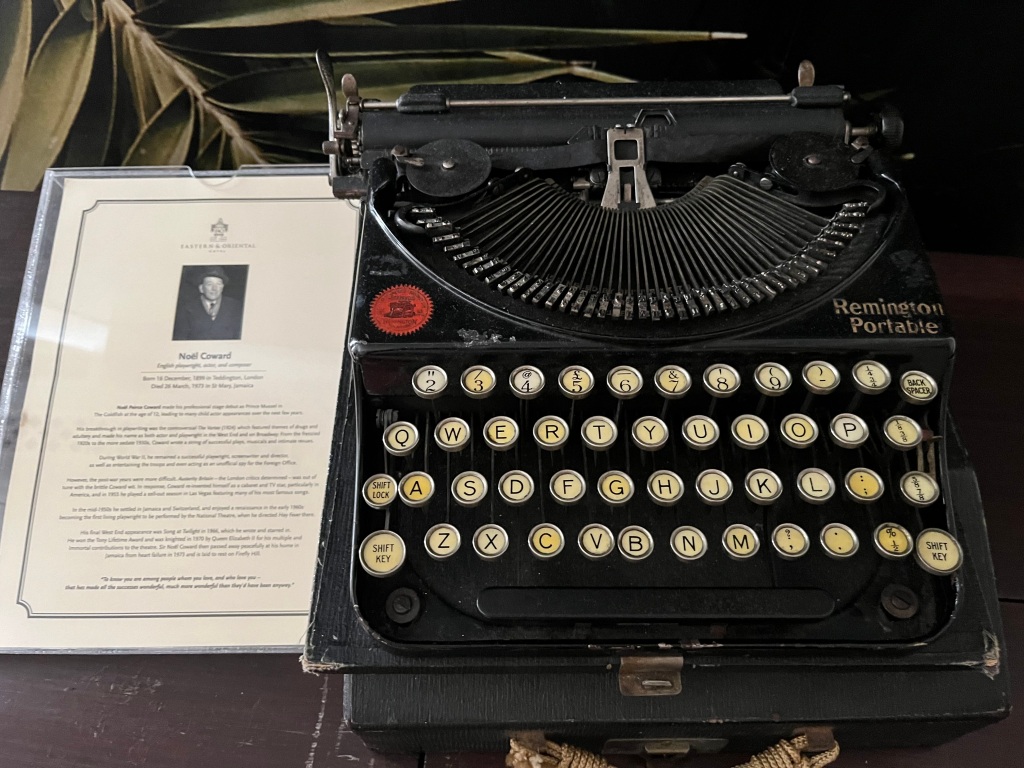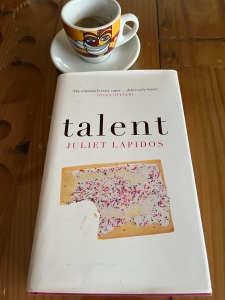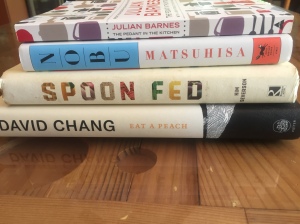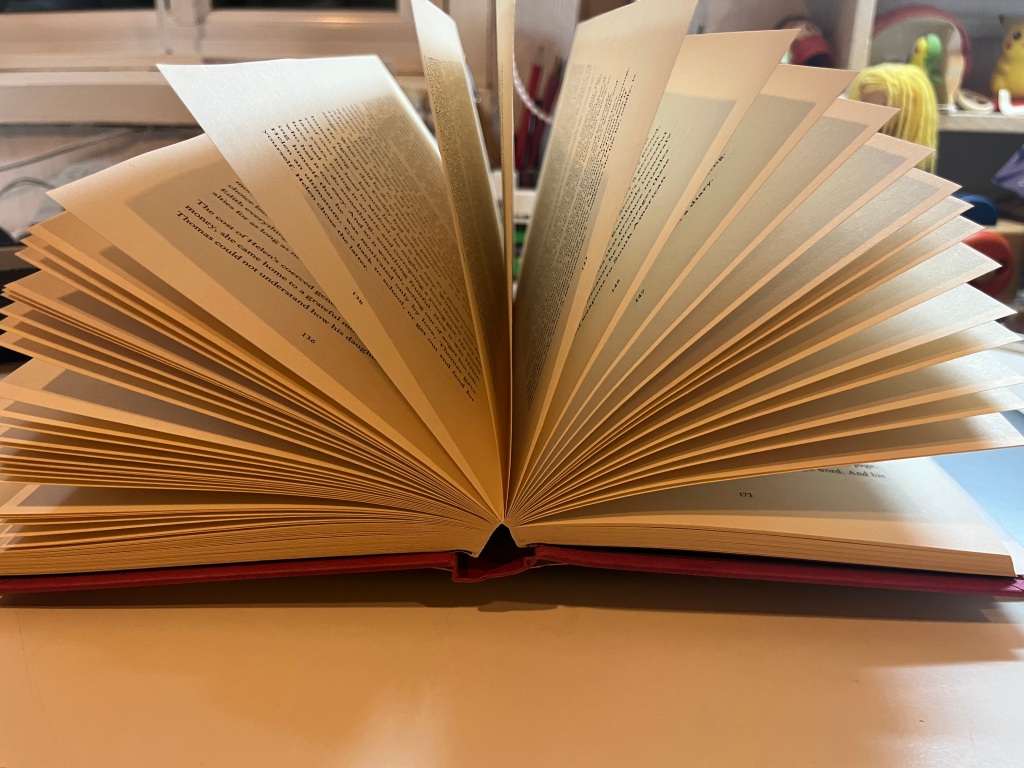
I seem to be always racing against time to read more fictions. Why is the hurry? Am I looking to be inspired or I just simply enjoy good writings and beautiful prose? I do find the world and people fascinating and full of mystery. Life can be stranger than fictions if only we are able to capture all of it in writing. Quite often fiction writers base their writings on their real life experiences hence when you read them, you can relate to their stories and empathize with the fiction characters. There are also insights and take-aways from these novels. When you immerse yourself in a read, you are looking inwards as well as letting your imagination wander. Fictions open our hearts to understanding human emotions, behaviour and existence. Fictions set in different periods and places give us a sense of some particular periods and places that we do not live in or possibly visit .The line between fact or fiction may be a fine one such as historical fictions. The Stolen bicycle by Wu Ming Yi is a good example.
Here is a quote by Ernest Hemingway.
‘If the reader prefers, this book may be regarded as fiction. But there is always the chance that such a book of fiction may throw some light on what has been written as fact.’
–Ernest Hemingway
When you relish a work of fiction, don’t you wonder about how the writer comes to produce such brilliant writings ? I would like to think that a lot of it is hard work and dedication as aptly put in the famous quote that is attributed to Thomas Edison : Genius is 1% inspiration and 99% perspiration.

Talent , a fiction by Juliet Lapidos is premised on how a young woman who had shown brilliance as an undergraduate struggles to live up to her family’s and other people’s expectations as she suffers in her seventh year of PhD that is going nowhere. Anna Brisket, twenty-nine years old, a graduate student at Collegiate University, New Habor once a promising student touted as most likely to succeed, has fallen behind. ‘A PhD in English should, in theory, take five years. In reality, it was considered well wihin the range of normal to finish in seven.’ The end evades her. At family gatherings, her aunts and uncles ask ‘What, still in school?’ and they wonder if they have heard her right.
In Anna’s voice,
‘At twenty-two, I published my first article ( A spruced-up version of a term paper on the use of coincidence in Paul Auster’s Moon Palace)At twenty-four, I published a second. ( Mistaken identity as allegory for literary misinterpretation in Henry Fielding’s Tom Jones.)At twenty-six, I passed my oral exams with high honors. There was one step left for me to take, a step that would come as naturally as –as taking steps. As walking.’

From her past performance, Anna’s life is seemingly leading up to a a brilliant dissertation and a secure position at a top-notch university, but it is not happening.
Her dissertation entitled “Where Does Art Come From?” ‘is intellectual history of inspiration‘.Her advisor,Professor Carl Davidoff, in his late thirties, says that her conclusion and her actual thesis feels a little thin. He asks her to choose an author to examine closely and think about what it is that caused him to write. So she picks Federick Langley for her dissertation about artistic inspiration. The famous American author had been ‘inspired, de-inspired, re-inspired‘. The field of Langley studies is sparse given the author’s output. Her PhD dissertation is overdue. She spends her time eating strawberry Pop-Tarts while her doctoral peers fly off to take posts at prestigious universities. She meets Helen Langley, a middle-aged antiquarian bookbinder who is Federick Langley’s niece. Helen claims that she has been asked by her uncle to look after his notebooks. We learn about Helen’s duplicity and she is trying to get hold of the notebooks that are now at the Collegiate University and there is a pending legal battle between Helen and the university about the ownership of Langley’s notebooks.

Anna is never going to finish her dissertation and it is unclear what she wants to do with her life given that she is lucky not to have to worry about finances for now. She has become critical of the academia. Her advisor asks her to attend a lecture on efficiency by a best-selling author and parents send her unsolicited books with titles such as Finish Your Dissertation, Don’t Let It Finish You!
She muses,
‘Graduate school wasn’t for people who loved Darcy, or any other literary creation, because academia wasn’t about love of literature. It was about extracting arguments from texts. And Darcy is dreamy didn’t count. “Save your feelings for your Sunday book club” was how Professor Davidoff had put in a seminar long ago.’ –Talent, Juliet Lapidos @p115
Talent is a bemused take on ambition, family secrets and freedom. It raises the question about maximising your potential and how far we should go to meet our potential. It is a quirky read about characters who are talented but uninspired. It enquires into the value of productivity and insights about inspiration and dedication. Its author,Juliet Lapidos has chosen a challenging premise for her debut. She has created characters who are refreshing but a little depressing to be with all the time as they are such cynics of the book and art world. Nonetheless what one does is open to interpretations and there is nothing wrong with being uncertain or even clueless about anything or one’s or others’ intentions. Everyone should be able to laugh at the world and themselves.

One may engage in the act of writing for various reasons, be it to enquire about the unknown or to understand the world and human existence better.